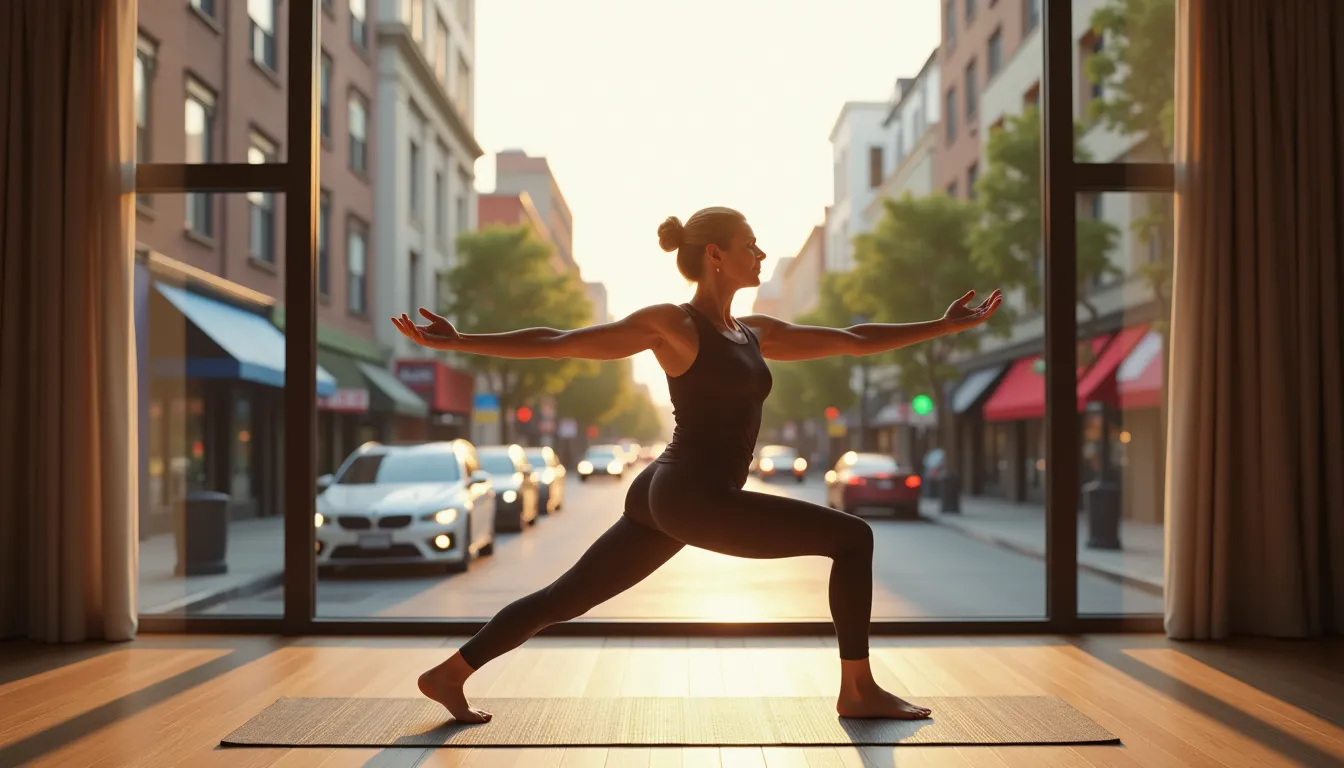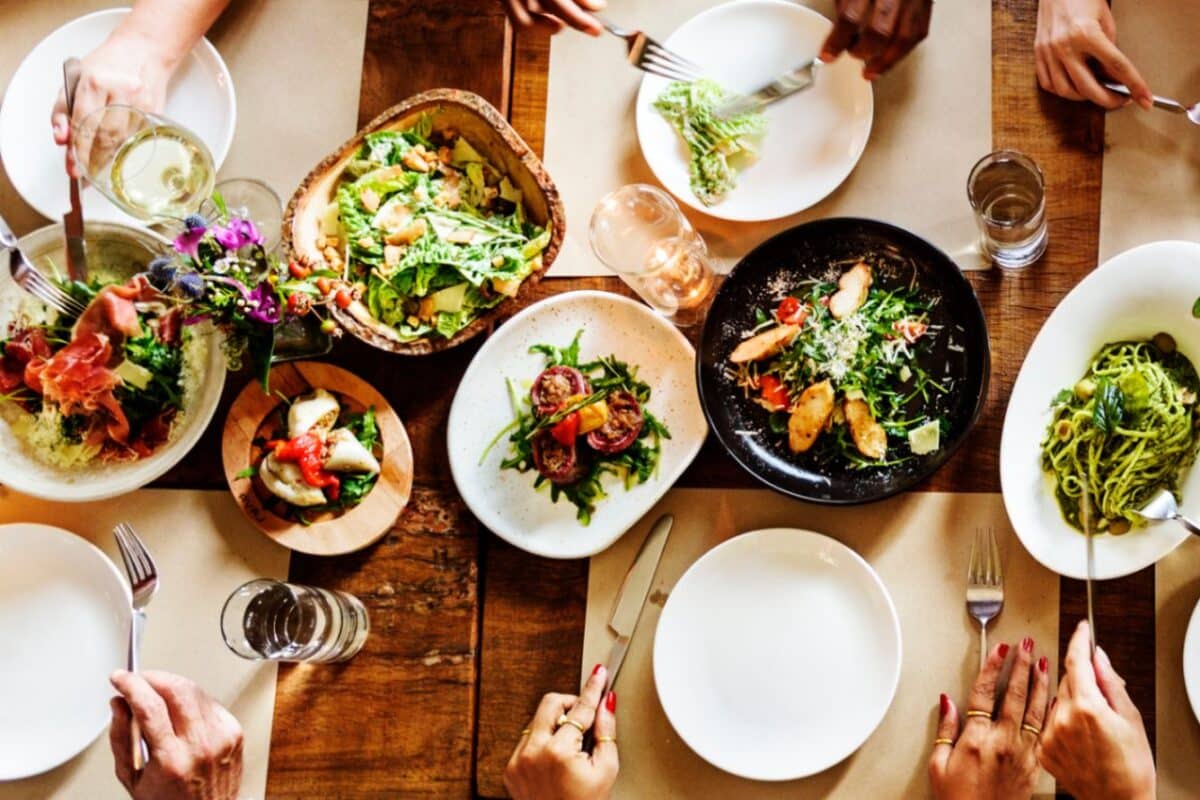In 2025, the concept of lifestyle has shifted far beyond fashion, travel, or hobbies. It’s now about cultivating a life that balances physical health,
In 2025, the concept of lifestyle has shifted far beyond fashion, travel, or hobbies. It’s now about cultivating a life that balances physical health, mental well-being, meaningful relationships, financial stability, and personal growth—all while navigating an increasingly fast-paced and digital world. More people are realizing that a fulfilling lifestyle isn’t something that just happens; it’s something built intentionally, one habit and one decision at a time.
The New Meaning of Balance
Traditional ideas of “work-life balance” often suggested neatly separating personal and professional life. But with remote work, flexible schedules, and digital connectivity blurring boundaries, a modern lifestyle is less about division and more about integration.
People are increasingly focused on intentional living, choosing commitments, habits, and routines that reflect their values and goals. This means prioritizing well-being and relationships, setting boundaries around work and technology, and simplifying commitments that lead to burnout. Balance is no longer about perfection—it’s about alignment.
Mental Health as a Foundation
Mental and emotional wellness is now seen as the cornerstone of a healthy life. Rising rates of anxiety and burnout have made mental health a mainstream priority, with self-care and stress management becoming everyday practices rather than luxuries.
Some ways individuals are protecting their mental health include:
-
Mindfulness and meditation: Short daily practices help manage stress and improve focus.
-
Digital breaks: Reducing social media use and screen time to prevent mental fatigue.
-
Therapy and support networks: Virtual counseling platforms and peer support communities make help more accessible.
-
Strengthening connections: Spending time with friends and family to reduce loneliness and build resilience.
With growing awareness, people are treating mental health with the same seriousness as physical health, understanding that both are interconnected.

Sustainable Physical Wellness
Health and fitness trends have moved away from extreme regimens toward sustainable routines that support long-term vitality. In 2025, the focus is on building healthy habits rather than chasing quick results.
Key trends include:
-
Functional fitness: Exercises designed to improve everyday strength and mobility, not just appearance.
-
Balanced eating: Emphasizing whole, nutrient-rich foods while allowing flexibility for enjoyment and social life.
-
Prioritizing rest: Sleep is recognized as a non-negotiable pillar of health, with many turning to sleep tracking and evening routines to improve quality rest.
-
Moderation: People are moving away from “all or nothing” mindsets, instead adopting realistic approaches to fitness and diet.
Technology, from fitness wearables to AI-driven health plans, is making it easier than ever to build personalized wellness strategies that actually stick.
Simplifying and Decluttering Life
Another defining aspect of modern lifestyle is the shift toward minimalism and intentionality. In a world filled with distractions and excess, many are seeking simplicity—not just in possessions, but in schedules, commitments, and even digital spaces.
Minimalism doesn’t mean living with the bare minimum. Instead, it’s about creating space, physically and mentally, by letting go of what doesn’t add value. People are streamlining their homes, reducing online clutter, and saying no to activities or obligations that don’t align with their priorities.
This trend extends to financial wellness as well. Building savings, budgeting effectively, and practicing mindful spending not only reduce stress but also create more freedom for experiences and choices that truly matter.
Finding Joy in Small Moments
While big goals and milestones are important, much of life’s fulfillment comes from small daily rituals and joys. A morning coffee, a walk outside, a quiet moment to reflect—these practices can boost happiness and make each day feel richer.
Gratitude practices are particularly impactful. Taking a few moments daily to recognize what’s going well, no matter how small, can shift perspective, build resilience, and improve overall satisfaction with life.
Relationships as a Lifestyle Priority
Research continues to show that strong relationships are one of the most important factors in long-term happiness and even longevity. A fulfilling lifestyle, therefore, involves nurturing not only family ties but also friendships and community connections.
In a time when digital communication dominates, intentional connection is key. This might mean scheduling regular meet-ups with friends, volunteering locally, or joining interest-based groups to build a sense of belonging beyond the screen.
Embracing Flexibility and Growth
If the last several years have taught us anything, it’s that adaptability is essential. Life is unpredictable, and a sustainable lifestyle is one that allows room for change.
Continuous growth is also part of a modern, fulfilling life. Whether learning new skills for work, developing creative hobbies, or exploring new passions, staying curious and open to growth brings purpose and keeps life dynamic.
Purpose as the Guiding Force
More than ever, people are seeking purpose-driven lifestyles. This could mean aligning careers with personal values, supporting sustainable brands, contributing to causes, or simply dedicating time to meaningful passions.
Living with purpose doesn’t always require drastic change. Often, it’s about making everyday choices—where to spend time, energy, and resources—that reflect what matters most to you.
Crafting Your Unique Lifestyle
There’s no universal blueprint for the perfect lifestyle. For some, balance means slowing down; for others, it means pursuing ambitious goals. The key is crafting a life that feels authentic, rather than following fleeting trends or societal pressures.
By focusing on mental and physical well-being, simplifying life, nurturing relationships, managing finances, and staying adaptable, anyone can create a lifestyle that feels both balanced and fulfilling.

Conclusion
In 2025, lifestyle is about more than external appearances or checking off achievements—it’s about living intentionally, with balance, purpose, and joy. By making mindful choices and embracing sustainable habits, individuals can build lives that not only support success but also foster happiness and well-being.
In a world filled with constant demands, the most meaningful lifestyle is the one built thoughtfully, with each choice contributing to a life that feels truly your own.

COMMENTS